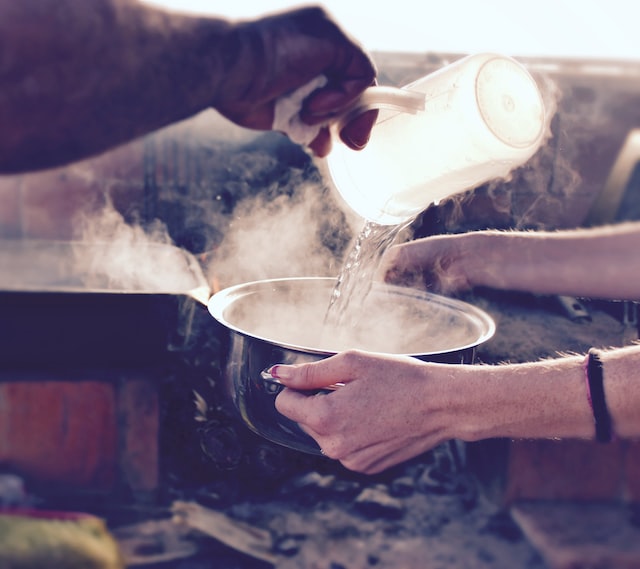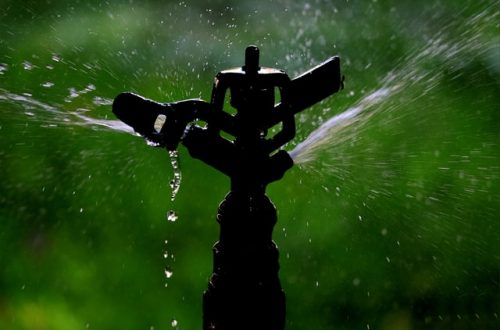
What Are the Characteristics of Residential Water Heaters?
When buying a new residential water heater, you have many different choices. These factors include energy efficiency, first-hour rating, materials used, and cost. In addition, a water heater must be safe and have an extended warranty. These features are essential for any homeowner.
Energy efficiency
There are various ways to improve the energy efficiency of residential water heaters San Francisco, CA from ensuring the water heater is not too hot to regulating the amount of water that comes from it.
The amount of heated water depends on the time of day and the demand for hot water. Therefore, the amount of water used during peak hours will determine the size of the storage water heater you need.
Water heating is typically the second largest energy cost in a home. Choosing a high-efficiency water heater is a great way to reduce energy costs, improve comfort, and contribute to a greener environment. To increase the efficiency of your water heater, you should look for a unit with an ENERGY STAR® rating. It has an improved uniform energy factor (UEF) than other models.
Materials used
Residential water heaters provide hot water for direct use and various appliances. Most water heaters have a small storage tank and an instantaneous flow system. Multifamily buildings may use boilers with storage tanks or commercial storage water heaters. Alternatively, a water heater may be installed in each dwelling unit.
Residential water heaters are made from various materials, including plastic, wood, and rubber. To prevent corrosive corrosion, many water heaters feature glass-lined storage tanks. However, glass lining is susceptible to damage after many years of use and cannot provide 100% corrosion protection. A better option is a polymer-coated storage tank.
In addition to materials used in residential water heaters, ultrapure water is a form of deionized water with low background contaminants. Clean water is considered safe for human consumption when it meets specific guidelines.
Energy cost
Several factors impact the energy cost of residential water heaters. For example, the size of the tank is a significant factor. Larger tanks require more energy to heat. Larger tanks also have a higher surface area, increasing the heat transfer rate to the ambient air. This increases standby losses.
The DOE’s proposed standard includes the cost of basic installation, including gas line branching, electrical connection, and water piping. The DOE also plans to add the cost of removal and disposal and permit fees. The proposed standard would apply to consumer water heaters, including those with condensing tanks vented with a typical draft.
The DOE plans to base its methodology on critical characteristics from the EIA’s 2015 Residential Energy Consumption Survey and its 2012 Commercial Building Energy Consumption Survey.
First-hour rating
A water heater’s first-hour rating (FHR) tells you how much water it can produce in an hour. It is essential because the average person uses more than two gallons of water daily to wash their hands, wash their dishes, and run the washing machine. This means that a high-efficiency residential water heater should be able to meet your needs during the first hour of usage.
To determine the first-hour capacity of a residential water heater, multiply the tank capacity by 70% (the rule of 70) and then multiply the result by the recovery rate. This amount should be close to your peak water demand. Once you know your peak hour demand, you can choose the right size water heater for your home.
The first-hour rating is helpful when shopping for a new water heater. The rating is determined by a standardized test and is a good indicator of the efficiency of a particular water heater. Generally, a higher FHR rating indicates that it will produce more hot water during the first hour of use.





